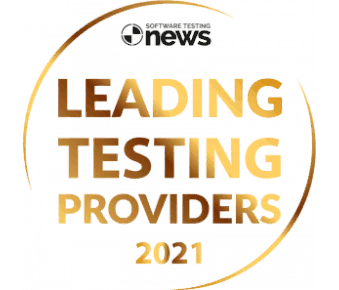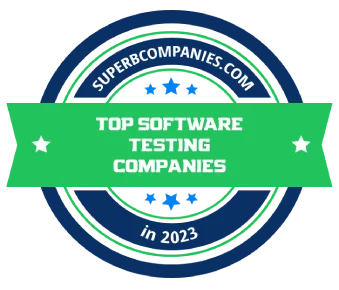Regression testing services
Building confidence through regression testing.
Speed up your release cycles without sacrificing quality with DeviQA’s regression testing, leveraging 15+ years of expertise.
Trusted by
Our solutions for your regression testing challenges
Recognizing the complexity of regression testing, which frequently introduces distinctive hurdles affecting your software development lifecycle, our team of specialists is dedicated to converting these challenges into effortless solutions.

Regression testing types we perform

Corrective regression testing
This type of regression testing is used when the software specifications remain unchanged and the already existing tests are reused.
Progressive regression testing
Progressive regression testing ensures that no elements in the prior software version are compromised in the latest version.
Complete regression testing
Complete regression testing is time-consuming but beneficial when it comes to cases where numerous updates on the existing code have been performed significantly impacting the overall software.
Retest-all regression testing
Retest-all regression testing thoroughly examines all software specifications and changes since development to identify the root cause of failures in regression tests.
Selective regression testing
This type of testing suggests the execution of a certain subset of already existing regression tests to check only those functionalities that are more likely to have been affected by recent code modifications.
Partial regression testing
As a variation of selective testing, partial regression testing executes only high-priority and critical tests from the regression suite.

Regression testing vs. retesting

Pay attention to the difference between these two types of software testing.
Re-testing
- Validates that a specific issue reported in the previous test cycle has been successfully fixed.
- Focuses on a specific test case or a small set of test cases related to the reported defect.
- Performed as needed, mainly after a defect is fixed, to confirm the resolution.
- Uses the same or similar test data that exposed the original defect.
- Is not automated.
Regression testing
- Identifies new defects, regressions, or unintended side effects caused by recent code changes.
- Checks a broad range of functionalities across the application.
- Typically performed in every test cycle or as part of the continuous integration process.
- Utilizes a variety of test data to ensure that code changes have not introduced unexpected issues.
- May be automated to ensure efficient and frequent execution.

Choose your cooperation model

We provide a selection of three adaptable and user-centric engagement models. Just share your business goals and project needs, and we'll help you make the right choice.
Project-based regression testing
Our experienced team of QA experts meticulously examines your application and the existing suite of regression tests. Then we outline the scope of test automation, create a test automation strategy, design test architecture, and write and maintain test scripts.
Cost-effective solution for specific testing needs.
Swift identification of regression issues.
Lower risk of post-release defects.
Higher user satisfaction and loyalty.
Continuous regression testing
Our dedicated team sets up an automated regression testing environment that runs tests every time new code is committed, helping to identify issues immediately. This approach allows for quick feedback, ensuring that your software remains stable, reliable, and bug-free.
Early detection of issues, leading to quicker resolutions.
Lower risk of regression errors throughout the development cycle.
Improved software quality and reliability.
Time efficiency.
Cost efficiency in the long run.
Consulting on regression testing
Our experienced consultants assess your current regression testing practices, identify areas for improvement, and create a customized test automation strategy. We help to choose the right stack and configure it, provide training, and offer ongoing support to ensure your regression testing efforts yield the best results.
Access to expert guidance and industry best practices.
Tailored strategies to fine-tune your approach to regression testing.
Improved overall testing efficiency and effectiveness.
Development of in-house testing expertise.
DeviQA’s AI advantage
At DeviQA, we use AI to make testing smarter and simpler. Our ecosystem is built to deliver faster, smarter, and more cost-efficient results — so your team can do more in less time.
DeviQA AI ecosystem

AI-powered IDE assistant
Reduces test script writing time

QA companion
Provides suggestions for test optimization and addresses gaps

Automated code review
Flags unused variables, improper loops, and other common errors

AI for API testing in Postman
Streamlines API test case creation and response validation
Features
Test case creation
Code review
Exploratory planning
Log analysis
Testing time spent
without AI
6 hrs
3 hrs
2 hrs
2 hrs
Testing time spent
with DeviQA AI
4 hrs (30% saved)
2 hrs (40% saved)
45 min (60% saved)
1 hr (50% saved)
Our approach to regression testing

Strategy tailored to your needs
First, our team of experts will work closely with you to understand your software and its unique requirements. Then, we'll craft a customized strategy to ensure we test the right areas without wasting your time on unnecessary checks.
Automated test script creation
Next, we'll create automated test scripts that mimic user interactions with your software. These scripts are designed to detect any anomalies or inconsistencies, ensuring a comprehensive evaluation.
Continuous integration and testing
Our automated tests seamlessly integrate into your development pipeline. This means that every time you make a change or update, our tests run automatically, providing you with real-time feedback. You'll know instantly if your changes have introduced any issues.
Detailed reporting
Our testing is not complete until you have a clear picture of your software's health. We provide detailed reports with easy-to-understand results. You don't need to be a testing expert to make sense of our findings.
Continuous support
If any issues are detected, our team of experts is here to guide you through the resolution process. We don't just identify problems; we help you fix them.
What you get
Feel the improvement in
3 days
Reduction in your costs
60%
Accelerate development by
30%
Automation faster in parallel by
56x
Increase test coverage to
95%

We serve

Our expertise and resources allow us to cover the unique needs of each project, ensuring the delivery of high-quality software that meets your requirements and business goals.
Book a call to catch bugs early and often, preventing costly delays and fixes
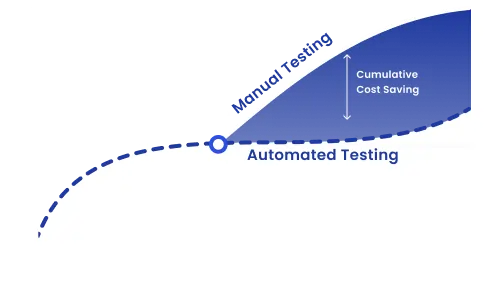
Here’s what people are saying
about DeviQA
QA tools & platforms we hold expertise in
Playwright
Cypress
Cucumber
Selenium
Appium
Mocha
Robot Framework
SpecFlow
TestNG
WebdriverIO

Selenide
Calabash

Watir
Codeception

HCL AppScan

Nessus

NMAP
BurpSuite

Acunetix

OWASP ZAP

Metasploit
Wireshark

DBeaver

Rdp-Sec-Check

SNMPCHECK
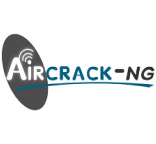
AiR
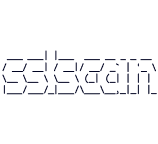
SSLSCAN
k6

JMeter

Load Runner

Visual Studio

Rest API

GraphQL

Apiary
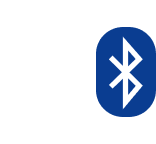
Bluetooth Low Energy API

Apple Pay

Google Pay
Apple Maps
Fingerprint API

Postman
Swagger

Charles Proxy
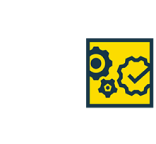
Ready API

ACCELQ

Katalon Platform

REST-Assured

SQL Server

MySQL

Oracle

PostgreSQL

Cassandra

MongoDB

RethinkDB

Amazon S3

Redshift

DynamoDB

Amazon RDS
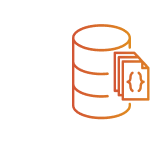
DocumentDB

Amplify

Lambda
Amazon EC2

Elasticache

Azure Datalake

Blob Storage

CosmosDB

SQL Database

Synapse Analytics
Google Cloud SQL

Google Cloud Datastore

Awards and recognitions

Collaboration process overview
Initial contact
During our initial call, we aim to understand your testing requirements and goals
Assessment
We evaluate your current testing process and create a tailored plan to enhance it
Proof of concept
We offer a complimentary proof of concept, allowing you to experience our proficiency and expertise
Trial and evaluation of performance
We start a trial period with you, and once complete, we review the results together and discuss options
Contract signing and full-scale QA implementation
Upon mutual agreement, we move forward with the QA process by signing a contract and beginning work
Partnership with flexibility
Our engagement options give you commercial flexibility to dial up and dial down resources depending on your own needs
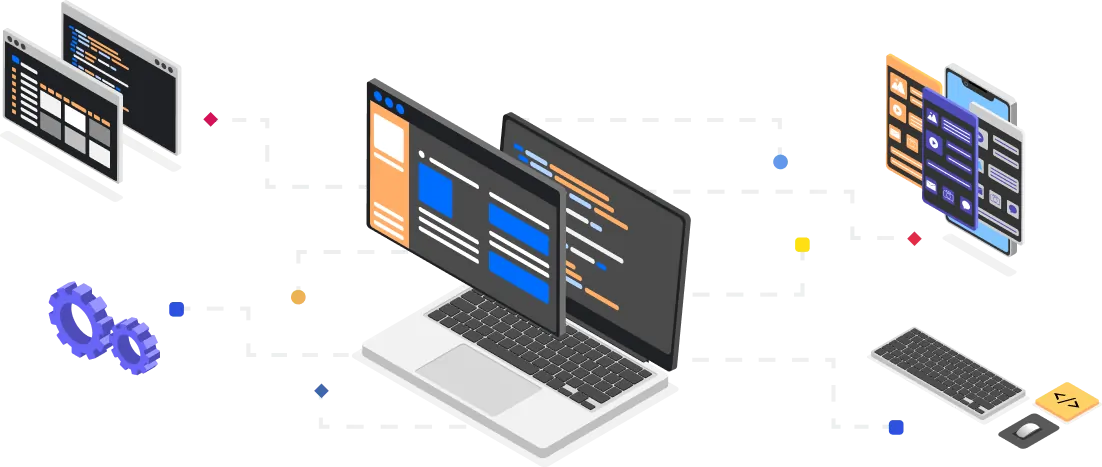
Let’s schedule a call
Flexible collaboration options allow you to choose the level of support that best meets your needs
Questions & answers

Why is regression testing important in software development?
It ensures that updates, bug fixes, or new features don’t introduce new issues in previously working areas of the product—preserving reliability and user experience.
Do you provide automated regression testing services?
Yes. We use automation tools like Selenium, Cypress, and Playwright to run fast, repeatable regression tests that reduce manual effort and speed up delivery.
How do you choose what to include in regression test suites?
We focus on high-risk areas, core user flows, and previously failed tests. The suite evolves with your application and is prioritized per release.
How often should regression testing be done?
Ideally, regression tests are run after every code change, hotfix, or release cycle. We integrate tests into CI/CD pipelines for continuous feedback.
What’s the difference between smoke testing and regression testing?
Smoke testing checks basic functionality after a build. Regression testing validates that recent changes didn’t break existing features.
Do you offer regression testing consultation services?
Yes. We help you design efficient regression test strategies, automate key flows, select tools, and integrate into your development process.
Why choose DeviQA as your regression testing company?
DeviQA combines deep QA expertise, advanced automation frameworks, and flexible engagement models to ensure effective and scalable regression testing.

























